If you’ve been having trouble sleeping lately, you are not alone. Fifty to seventy million Americans are affected by some sort of chronic sleep disorder and intermittent sleep problems. There are numerous sleep conditions out there, but the most common struggles people have are falling asleep and staying asleep. Not surprisingly, left untreated, sleep disorders can lead to a host of issues including hypertension, heart disease, stroke, depression, diabetes and other chronic illnesses. We all know how important proper sleep is to day-to-day functioning and wellness. Without it, we can be sluggish, cranky and our motor skills compromised. Cannabis can help with a variety of health issues, but can it help with insomnia and other sleep problems, too?
The short answer is, yes. But it depends on what you consume and the dose needs to be personalized for your preferences and body chemistry. Each individual will respond differently to strains, terpenes and delivery methods. If you are a beginner in cannabis, remember to start low and go slow.
Using Cannabis for Rest & Relaxation
For centuries, cannabis has been used as a sleep aid. According to Project CBD, a 2014 study found that approximately 50 percent of long-term cannabis consumers use cannabis as a sleep aid. Among medical marijuana patients, 48 percent report using cannabis to help with insomnia.
According to sleep doctor Dr. Michael Breus, Ph.D for Psychology Today, cannabis has both relaxing and sedative effects – and yes, can make falling asleep easier. He points to a study that revealed those who consume cannabis before bedtime are able to shave an average of 30 minutes off how long it takes to fall asleep.
We already know that the two most well-known cannabinoids, CBD and THC, both have healing properties that when taken together form the “entourage effect.” While THC is primarily responsible for that euphoric feeling called a “high,” both CBD and THC have tremendous health benefits. They include relieving anxiety, fighting inflammation and pain, and reducing depression. But just like how each affects different health ailments, both can be different when it comes to sleep. According to Project CBD, the science is somewhat paradoxical.
“Research data and anecdotal accounts indicate that CBD and THC have differential effects on sleep – both can be alerting or sedating depending on dosage. Aside from THC and CBD, a patient should consider what terpenes are in the strain they want to consume before going to bed.”
Sedating terpenes, according to the site, include terpinolene, nerolidol, phytol, linalool, and myrcene.
THC, Insomnia and Other Sleep Problems
Cannabis with THC does induce sleep. According to Healthline, consuming cannabis strains with higher levels of THC typically reduces the amount of REM sleep you get. This means you will likely have less dreams. For those who experience PTSD, that means a decrease in nightmares, too. Less time dreaming means more time in deep sleep. And deep sleep is the most restorative, restful part of the sleep cycle. Breus says there is also emerging evidence suggesting that THC may improve breathing during sleep. This makes THC a potential therapy in the treatment of sleep apnea. According to Project CBD, the use of cannabis is prevalent among those who suffer from post-traumatic stress disorder (PTSD). A small open trial conducted in Israel showed that 5mg of smoked THC twice a day resulted in improved sleep. Additionally, it reduced frequency of nightmares in patients with PTSD.
CBD, Insomnia and Other Sleep Problems
CBD is known to promote mental focus and clarity. It is considered “alerting and mildly stimulating in moderate doses” according to Project CBD. The cannabinoid also has the ability to reduce daytime sleepiness and promote alertness, according to Breus.
Michael Backes, author of Cannabis Pharmacy, a comprehensive resource for understanding medical marijuana, says that CBD balances your body and the circadian rhythms that you wake up and go to sleep by. This means, if you are sleep deprived, CBD will make you sleepy, until you catch up on sleep and then you will be staring at the ceiling. This is due to your endocannabinoid system reaching homeostasis. He recommends taking CBD in the morning because for many people, it can work better than coffee.
According to Project CBD, CBD can help people fall asleep as well as stay awake
An insomnia study indicated that taking 160mgs of CBD decreased nighttime sleep interruptions and increased total sleep time, suggesting that high-dose CBD therapy can improve the quality and duration of sleep, according to the site. Again, it is about the dosage.
Think of it this way, if you are taking high doses of CBD to alleviate seizures or chronic pain, you will likely be able to sleep better. Ultimately, if your endocannabinoid system has a deficiency causing you pain or anxiety, supplementing your endocannabinoid system with CBD will help you reach homeostasis resulting in the ability to sleep. If you go beyond that homeostatic state you could be up all night.
Whether you decide to consume THC or CBD, or a 1:1 ratio, talk to your member liaison about the best dosage and delivery method for you. If you don’t like smoking, edibles or tinctures are a great option. Consider consuming an edible or tincture at least an hour or so before bedtime to allow the full effect. If you have any questions, reach out to us.


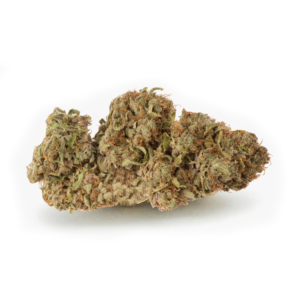
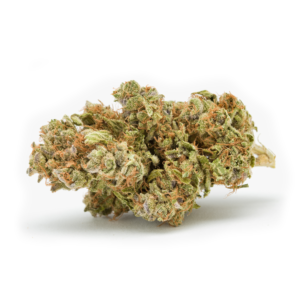
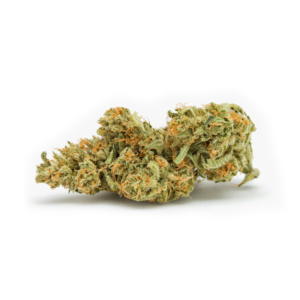
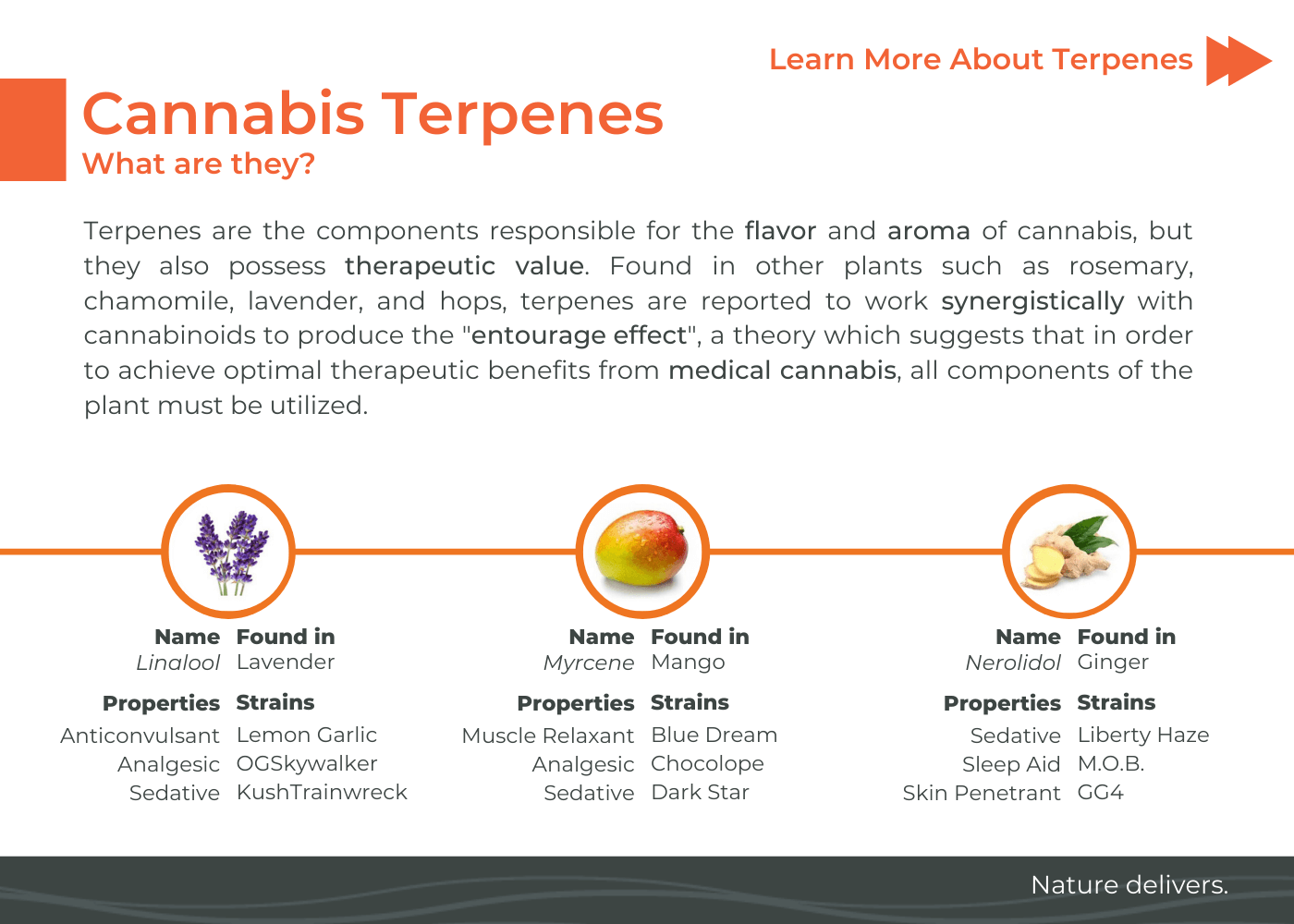
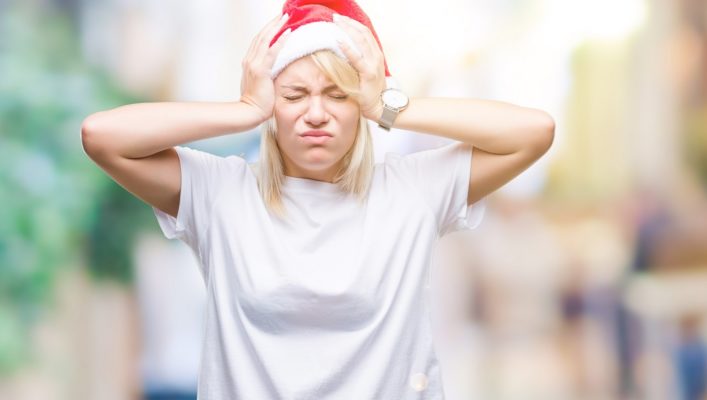
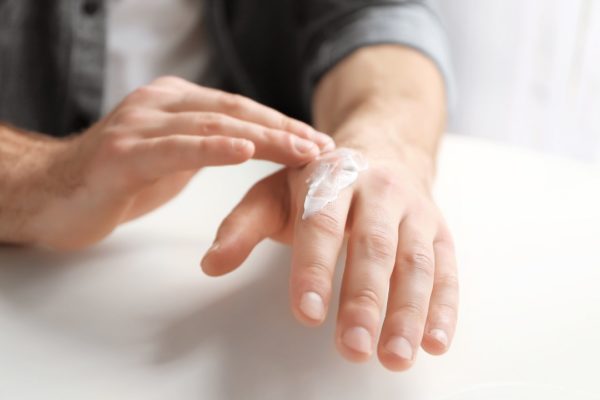
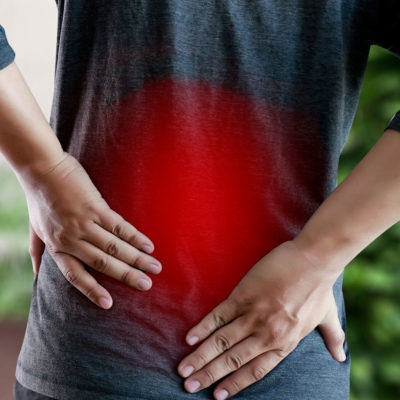
This is a very good tips especially to those new to blogosphere, brief and accurate information… Thanks for sharing this one. A must read article.
thanks for sharing these CBD information. Hope it gets legal all over the world
Nice article Liza, I agree but still seek professional medical cannabis for your customized plan on how to use medical marijuana tailored for your specific needs.